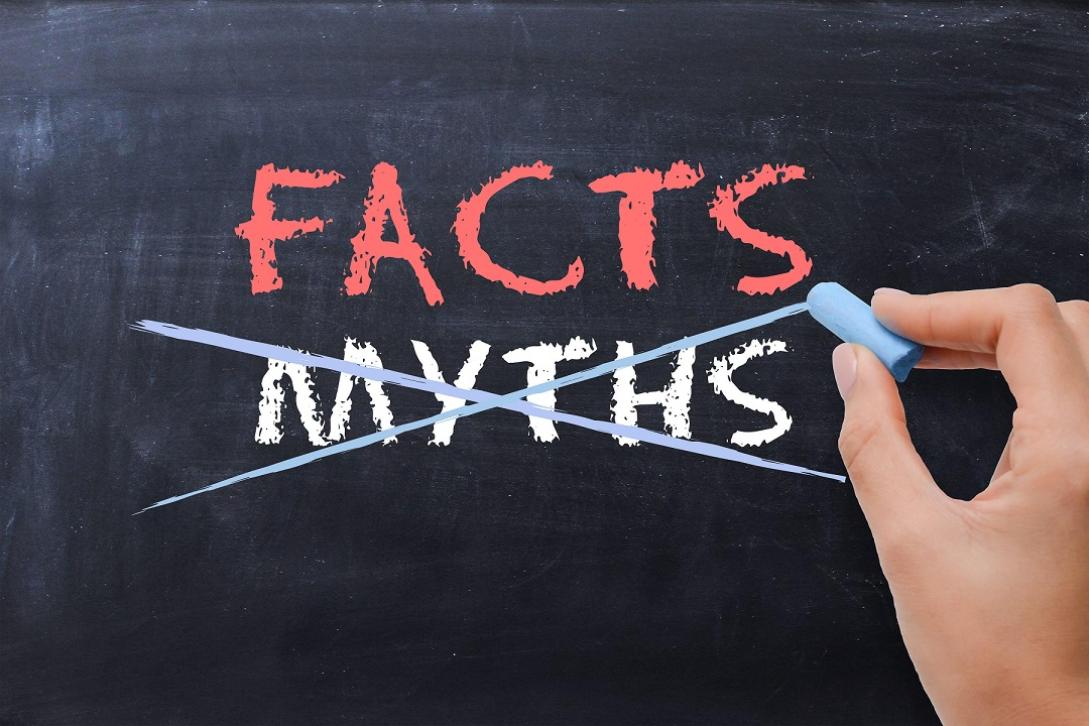7 myths and facts about ETIAS

#1
❌ ETIAS is required to travel to the 27 Schengen countries.
✅ Visa-free travellers will need a valid ETIAS travel authorisation to enter 30 European countries. These include the 27 Schengen countries as well as Bulgaria, Romania, and Cyprus. Find the full list of European countries requiring ETIAS.
#2
❌ETIAS is a new visa for nationals of 60 countries who didn’t need a visa to travel to Europe before.
✅ ETIAS is not a visa. Similar travel authorisations for visa-exempt nationals are required by the US, Canada and Australia.
Unlike when applying for a visa, travellers will be able to apply for ETIAS online, there is no need to go a Consulate to apply, and biometric data will not be collected as part of the application process.
An ETIAS travel authorisation only allows travellers to enter and remain on the territory of the European countries requiring ETIAS for a short-term stay (up to 90 days in any 180-day period). It does not give the applicants the right to study, work or remain on the territory long-term. Nationals of visa-exempt countries who plan to stay in a European country requiring ETIAS to work, study or live for a longer period will most likely need a long-term visa. Find out more on who needs to apply for ETIAS
#3
❌ There are many websites that can be used to apply for ETIAS.
✅ There is only one official ETIAS website: travel-europe.europa.eu/etias
There are also many unofficial websites run by commercial intermediaries. Once ETIAS is launched, commercial intermediaries will use the official ETIAS website to apply on behalf of their clients. Applying on behalf of others is allowed according to the ETIAS Regulation, but you should beware of scammers! Read more about unofficial ETIAS websites
#4
❌ETIAS will be valid for 5 years.
✅ An ETIAS travel authorisation will be valid for 3 years or until the passport used in the application form expires, whichever comes first.
#5
❌Travellers can apply for a Schengen visa instead, if their ETIAS application is refused.
✅ It is not possible for visa-exempt travellers to apply for a visa if their ETIAS is refused. A visa and an ETIAS are different types of authorisations, intended for different categories of travellers. If a visa-exempt traveller does not have a valid ETIAS travel authorisation, they will not be allowed to cross the external borders of the European countries requiring ETIAS. Find out more on what to do if your application is refused.
#6
❌Only people between the ages of 18-70 will need to apply for an ETIAS.
✅ All visa-free travellers, regardless of age, will need to have an ETIAS travel authorisation. However, applicants who are under 18 or above 70 years of age are exempt from paying the EUR 7 application fee. Find more information on the ETIAS application fee.
#7
❌ When applying for an ETIAS, applicants need to provide their medical information.
✅ No medical information is required when applying for an ETIAS travel authorisation. When filling in the application form, travellers will be asked to provide their personal information, including address, passport details, current occupation, and information about past travel to conflict zones or criminal convictions. Read more about what is needed to apply for ETIAS.
